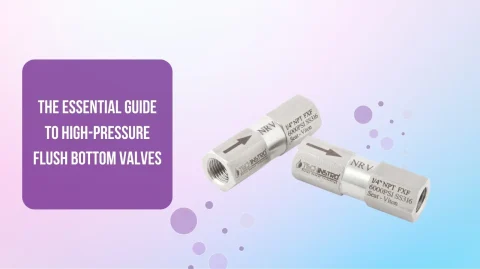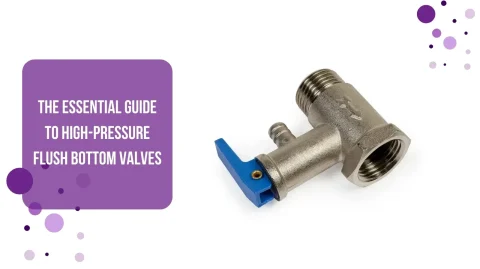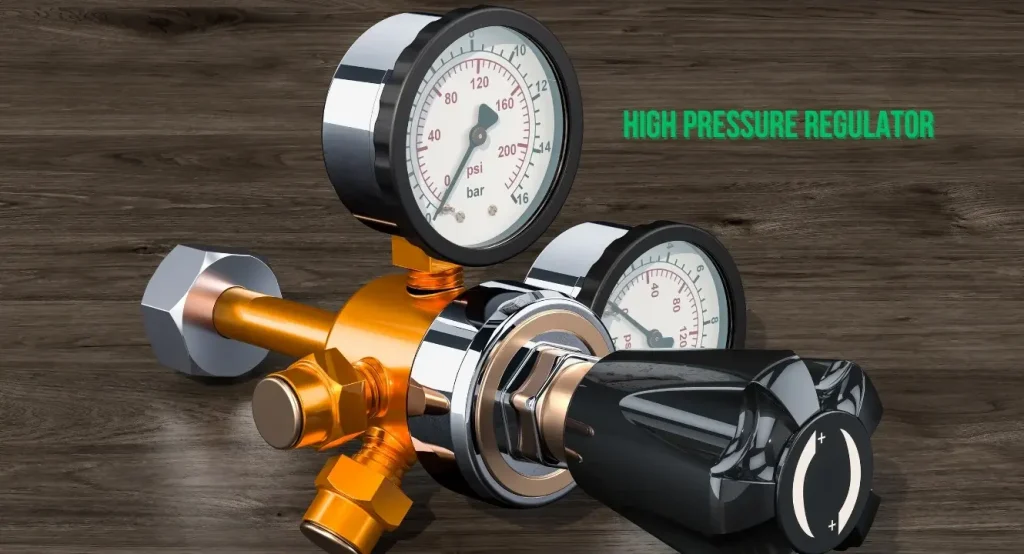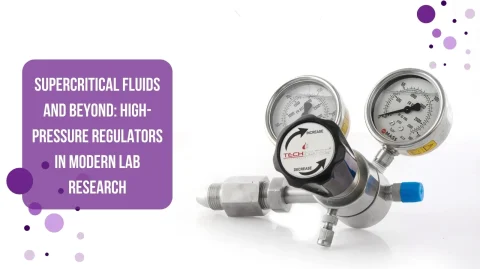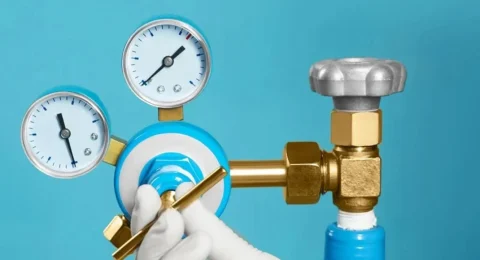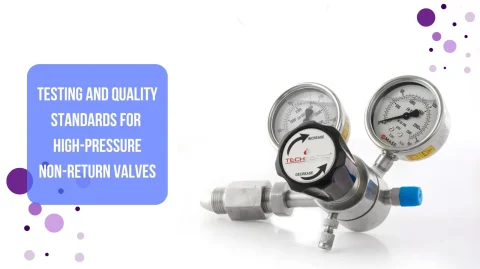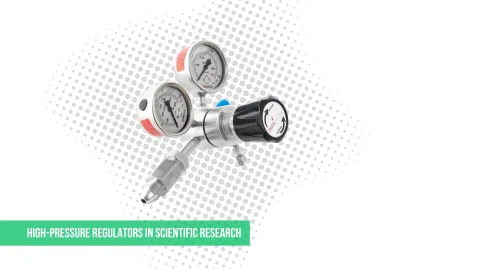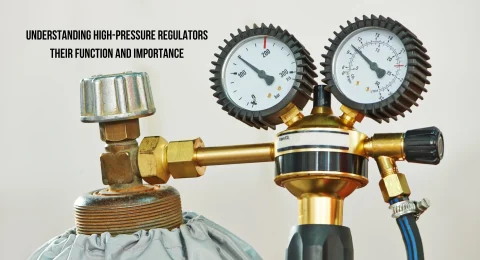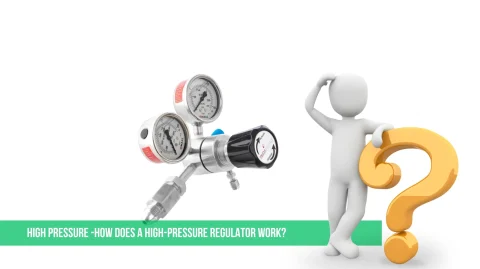High-pressure regulators are special devices used to control the pressure of gases or liquids in a system. They are essential for safety and precision in many industrial and laboratory applications. Let’s explore what makes high-pressure regulators unique and why they are crucial.
What Does a High-Pressure Regulator Do?
A high-pressure regulator reduces the pressure from a gas or liquid source to a safer, more manageable level. For instance, in a system where gas comes in at extremely high pressure, the regulator ensures the output is at the exact pressure needed for the process. It is ideal for sensitive tasks like research experiments, welding, or operating high-pressure equipment.
Buy High Pressure Regulator from best manufacturers:
What Makes High-Pressure Regulators Unique?
Ability to Handle Extreme Pressures
High-pressure regulators are specifically designed to manage and control extremely high input pressures, sometimes exceeding thousands of PSI (pounds per square inch). Regular regulators cannot handle such high levels, making these devices essential for specific applications.
Precision Control
One of their most remarkable features is their ability to provide precise control over the output pressure. This precision is crucial for tasks where slight pressure variations could cause errors or damage.
Safety Features
High-pressure regulators include safety mechanisms to protect users and equipment. These features prevent sudden pressure surges or leaks, ensuring a smooth and secure operation.
Durability
These regulators are made from materials like stainless steel or brass, which can withstand high pressure and resist wear and tear.
Wide Range of Applications
High-pressure regulators are versatile and can be used in various industries, including:
- Medical and healthcare (e.g., in oxygen tanks).
- Research laboratories (for gas experiments).
- Industrial manufacturing (for equipment and machinery).
- Oil and gas industry (to control pipelines and drilling equipment)
Why Are They So Important?
With high-pressure regulators, many systems would be safe to operate. They deliver the correct pressure to prevent equipment damage, maintain safety, and guarantee optimal performance. Their role in precision processes like chemical reactions or medical applications makes them irreplaceable.
Conclusion
High-pressure regulators are unique because they can handle extreme pressures, provide precision control, and ensure safety. Whether in a laboratory, a manufacturing plant, or a hospital, these devices play a crucial role in maintaining efficiency and safety. Their importance in modern technology and industries cannot be overstated!
